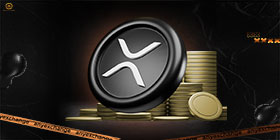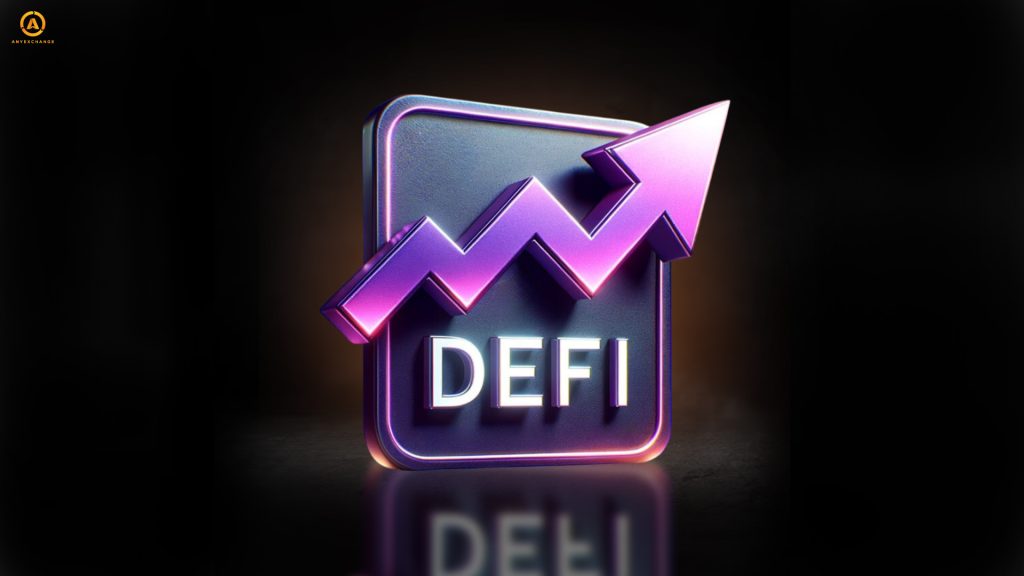
Legal regulations for cryptocurrencies are gradually evolving, and as for regulatory requirements for DeFi — there is an opinion that the battle between regulators and decentralized finance may end before it begins.
Let’s take a look at the direction and success of the regulation of DeFi platforms, what steps the authorities are taking to create legislation for DeFi projects, and what are the foreseeable prospects for DeFi regulation in the coming years.
Decentralized finance (DeFi) is essentially a Web3 analog of the traditional financial sector, only created using blockchain technology and conducting transactions with cryptocurrency. Cryptocurrency law and DeFi are closely related, and the rules for regulating decentralized finance will flow from the rules for regulating digital assets, which are still in their formative stages.
However, this is not the root of the current problem lawmakers have in regulating DeFi. In traditional legal systems, the responsibility for transactions lies not with those who make them, but with the intermediaries who provide the services to make them happen. Financial service providers must be registered, licensed, and comply with other legal requirements depending on the jurisdiction.
What if we transport ourselves to a world without intermediaries, which is DeFi? After all, in DeFi, transactions take place directly, from user to user, and are controlled by algorithms embedded in smart contracts. Who is legally liable in DeFi? The algorithm acting as an intermediary? The main obstacle to regulating “intermediary-free” financial transactions, on which the very principle of DeFi and cryptocurrencies is based, is the absence of an intermediary in the chain of interaction. After all, in real (and not nominal) decentralized DeFi projects, the service provider to which the regulators’ claims can be addressed is an inanimate entity, software. Its viability is supported, yes, by animated entities. But software programmers do not provide or profit from financial services, they simply write code. What claims can be made against them? So the nail in the legislative coffin is precisely the regulation of smart contracts.
What is DeFi?
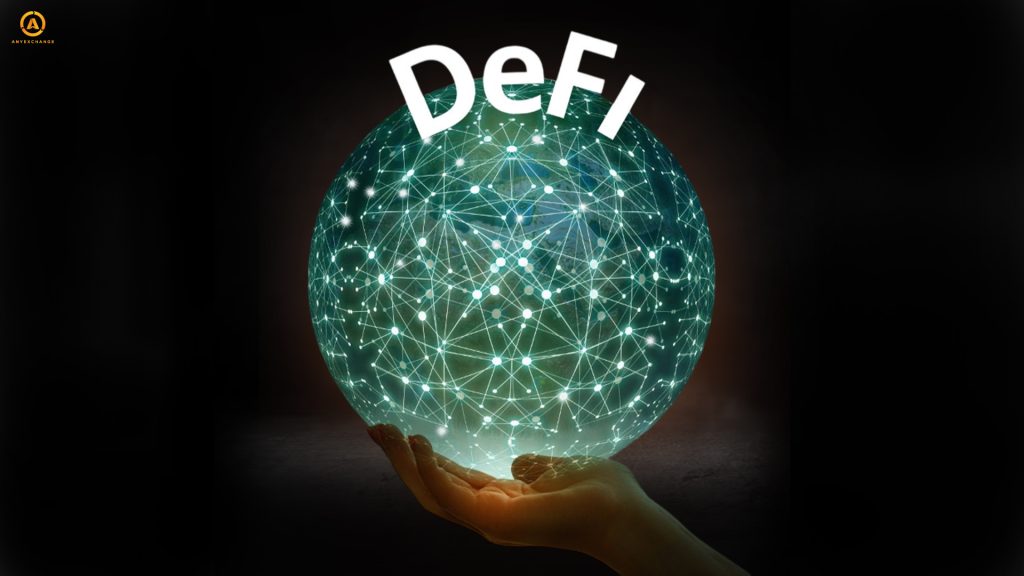
The basic idea of decentralized finance is to provide digital asset owners with direct access to financial products of the cryptocurrency ecosystem through smart contracts. In this case, users are empowered with tools for lending, borrowing, swapping, staking, pharming, investing, trading, insurance, tokenizing real-world assets, etc. by conducting transactions without intermediaries.
DeFi smart contracts offer the full potential of the functions traditionally performed by financial organizations, but without the additional monetary and time costs, formal restrictions and risks associated with the human factor. As software algorithms, they ensure the security of transactions and the parties’ compliance with the terms of the agreement. In essence, a smart contract is a self-executing contract whose terms are written in code deployed on the blockchain.
Users access DeFi services through decentralized applications (dApps), which can be based on different blockchains such as Ethereum, Solana, Polkadot, and others. Due to the interoperability of blockchains, dApps provide users with the ability to leverage different platforms in a single application. DeFi solutions are not restricted to specific countries or jurisdictions, so its financial instruments are accessible from anywhere in the world and do not require any additional formalization or identification beyond the cryptocurrency wallet address.
Current regulatory situation around DeFi
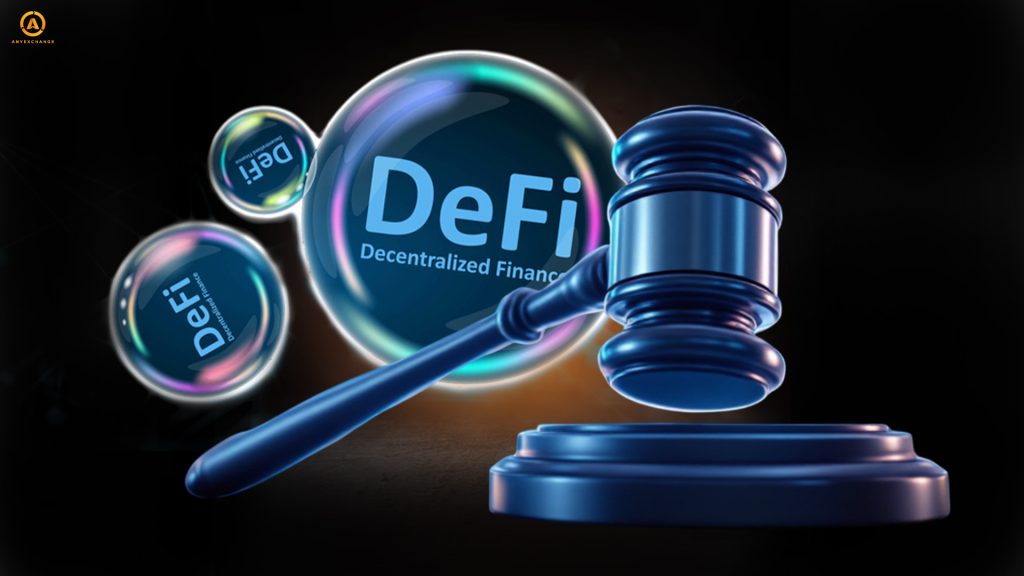
The DeFi sector is currently unregulated in most countries. This is due to the fact that there is no single concept that can be used to bring DeFi projects under regulation. This is especially the case for products with a high degree of decentralization. Nevertheless, large and trustworthy projects strive to protect users from the legal risks of investing in DeFi by creating conditions of legal certainty for them. For their part, legislators are making every effort to create a regulated DeFi environment.
Europe
EU countries expect the DeFi market to grow in Europe and are actively working to introduce regulations under MiCA.
The European Commission’s research report on the DeFi ecosystem will be published on December 30, 2024. It will focus, among other things, on the legal aspects of DeFi protocols and should be a precursor to the introduction of new specific regulations. According to preliminary estimates by some experts, the new regulation will create legal challenges for existing DeFi projects in terms of licensing and compliance, while making it easier for traditional players to enter the crypto market with their products, such as stablecoins. One of the main questions of the study was how to best regulate decentralized exchanges and other DeFi systems that do not have a formal service provider. The report will also propose an initial definition of decentralization.
At the same time, the DeFi legal experts advocate the introduction of transparent standards and principles rather than the implementation of strict rules. In their opinion, politicians and governments should first study and agree on what DeFi is, and then introduce strict requirements. In this way, legislation will be easier to apply to future technological innovations.
As a reminder, MiCA is currently being implemented and will be fully operational by the end of 2025. Next year, we can most likely expect its gradual compliance in the DeFi sphere.
USA
- In recent years, the US has developed the practice of regulating the cryptocurrency sphere at the state level, with some states creating specialized oversight departments or innovating to make it easier to do business.
- The SEC’s pressure on the digital asset market has not stopped. Despite criticism from the U.S. Congress and failed lawsuits, the SEC continued its harsh attacks throughout the year until November, when the situation seems to have begun to change. The election was won by Donald Trump, who promised to fire SEC head Gary Gensler on his first day in office, and a high-profile lawsuit was filed against the SEC by the attorneys general of 18 US states. The state authorities accused the commission and its 5 commissioners of unfairly targeting the crypto industry and overstepping their authority. The plaintiffs demand that the SEC be stripped of its right to bring lawsuits in the future, arguing that the coercive measures applied to exchanges violate the states’ right to independently regulate the economy. The lawsuit also states that the regulator is stifling the development of decentralized finance and cryptocurrencies, which promise to make financial services more reliable and consumer-friendly.
- The Commodity Futures Trading Commission (CFTC) is just as relentless in pursuing claims against crypto market participants. It should be noted that, unfortunately for professional participants in the field of decentralized finance, the CFTC has an incomparably higher rate of winning cases compared to the SEC: their claims are usually better prepared and more substantiated. For example, in determining the legal status of DeFi platforms, the CFTC considers them to be derivatives dealers, which requires licensing. In September this year, lawsuits were filed against three cryptocurrency companies (Opyn, ZeroEx and Deridex) for trading derivatives without licenses and violating DeFi lending and borrowing regulations. The DeFi operators will now pay fines ranging from $100,000 to $250,000.
- An important precedent was set this fall when prosecutors brought criminal charges against 18 market makers (individuals and firms, including Gotbit, ZM Quant, CLS Global and MyTrad). They were charged for the first time ever with crypto market manipulation and fictitious trading. They were arrested, trading bots engaged in fictitious trading of over 60 cryptocurrencies were disabled, and over $25 million in crypto assets were seized. In fact, the suspects were inflating trading volumes for a fee by operating a pump-and-dump scheme and using fictitious trading. In addition to millions of dollars in fines and forfeitures, some of the defendants could face up to 20 years in prison.
Interestingly, during the investigation, FBI agents issued a decoy token called NextFundAI on the Ethereum network to identify fraudsters and gather evidence.
NextFundAI was presented as an early investment token for AI projects, and financial criminals fell for it. The thoroughness of the investigation and the seriousness of the charges sent a clear message to fraudsters that AI security and legal regulations are under the control of the U.S. authorities and that violating them will be punished.
Worldwide
Many experts believe that the tightening of regulatory policies in the EU and the US, and the resulting legal risks for decentralized finance, may drive many projects to Asian countries, where the scope for experimentation is incomparably greater.
Anti-Laundering Legislation and DeFi
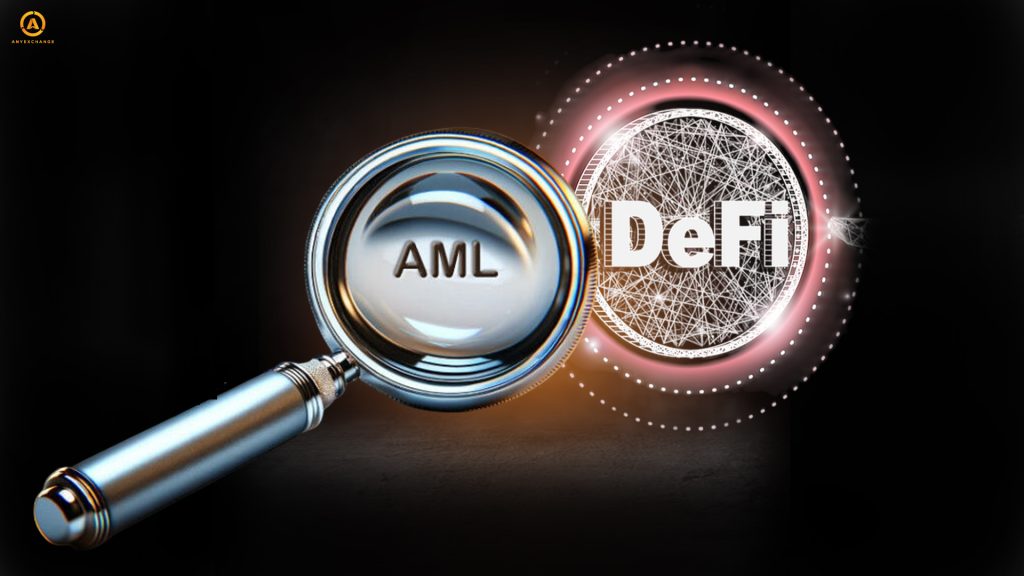
As for the activities of the international Financial Action Task Force (FATF), the intergovernmental organization continues to finalize its recommendations to the legislators of 37 member countries regarding the provision of transaction and user information by DeFi operators. The recommendations are optional, but countries that ignore them will be blacklisted, making them less attractive to investors and threatening them with exclusion from the global financial systеm.
Taxation in decentralized finance
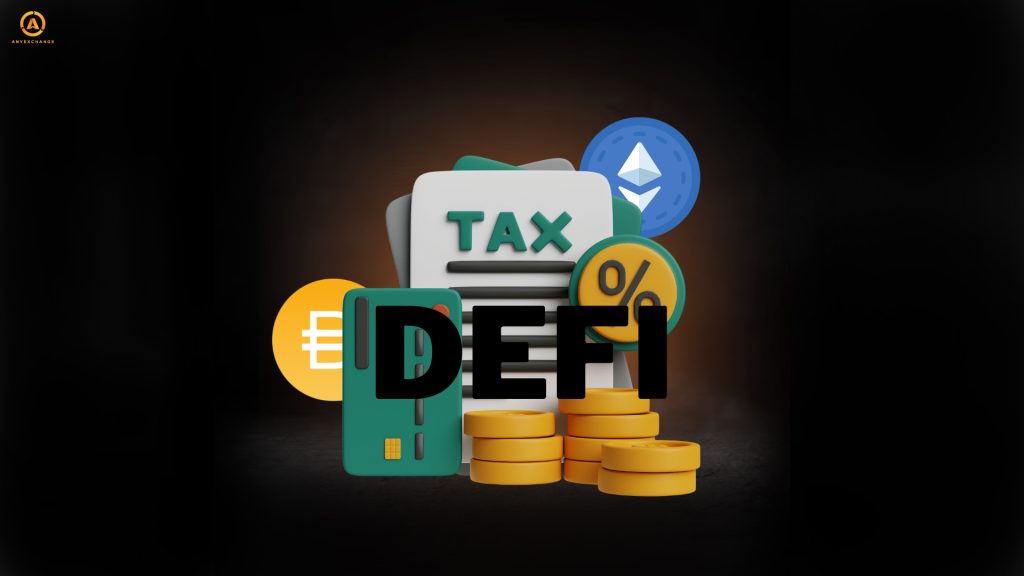
Tax authorities around the world have recognized that cryptocurrencies are taxable. Typically, these are capital gains taxes and income taxes, the amount and method of which vary by jurisdiction. That is, transactions that provide you with income from a sale or exchange, whether on a centralized or decentralized exchange, will be treated as taxable by regulators. However, for other transactions that are common on decentralized platforms (such as staking, borrowing, lending, or pharming), things are not so clear-cut. Here, it all depends on the specifics of the protocol. The legal framework for taxing DeFi staking and pharming depends on how the protocol settings define the transaction and the tokens: as an exchange of one’s assets for profit or as a sale at full value.
Tax regulation of DeFi lending and borrowing is also based on the transaction rules embedded in the protocols.
Conclusion
The legal aspects of DeFi are now in search of solutions. Regulators are looking for ways to define an intermediary in a decentralized environment to make it responsible for implementing legal rules that are still in their formative stages. Meanwhile, the DeFI project teams are developing their high-tech products and trying to anticipate the future direction of the global legal field in the field of cryptocurrencies.
Thank you for your attention. Invest safely and profitably!
Our exchanger conducts conversion at the most favorable exchange rate. The site also offers fast and anonymous money transfers worldwide.


